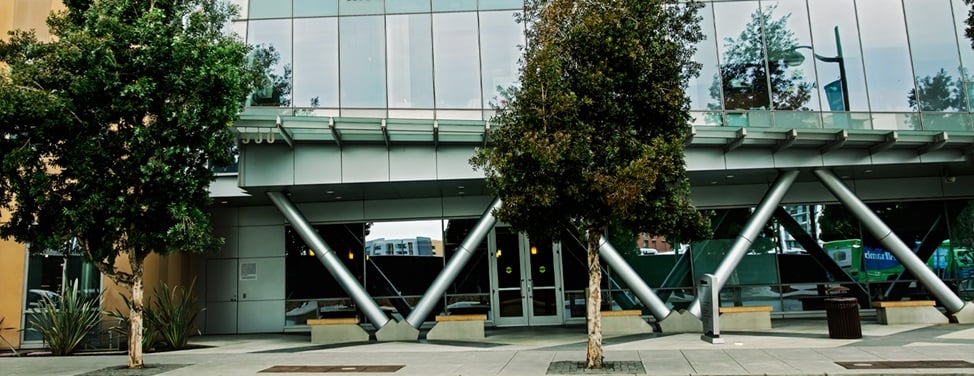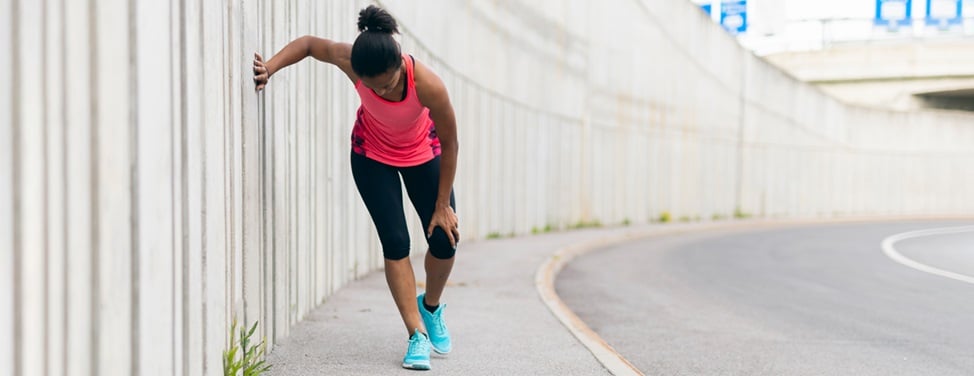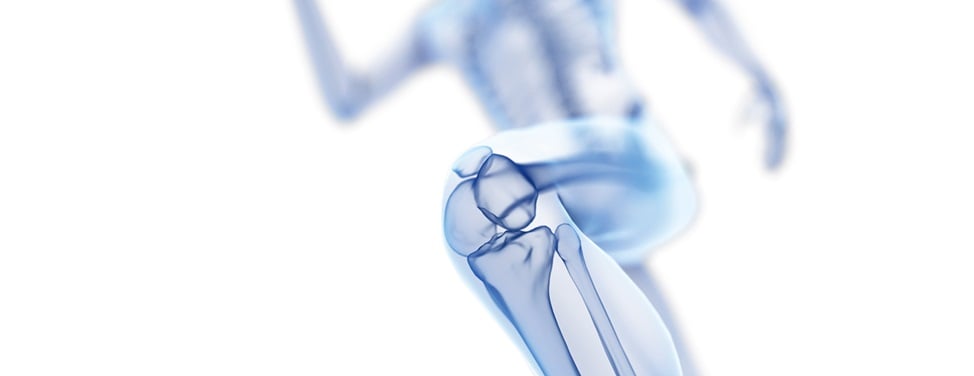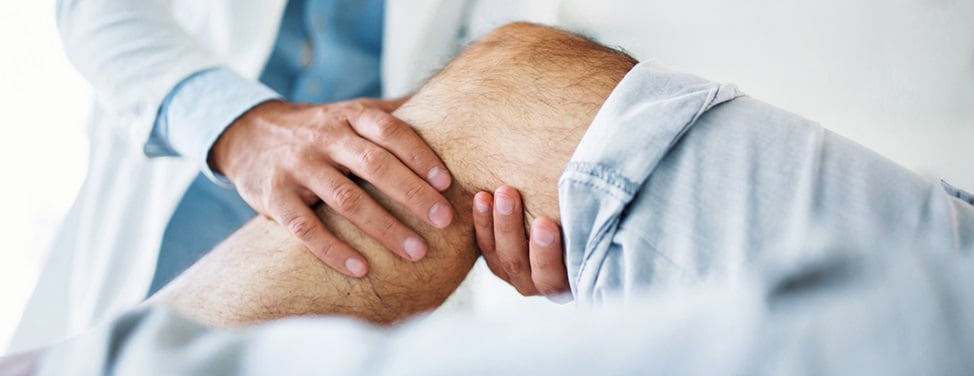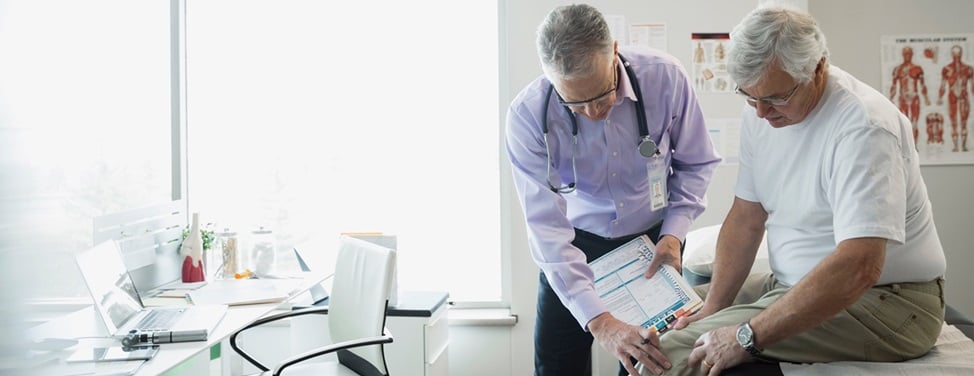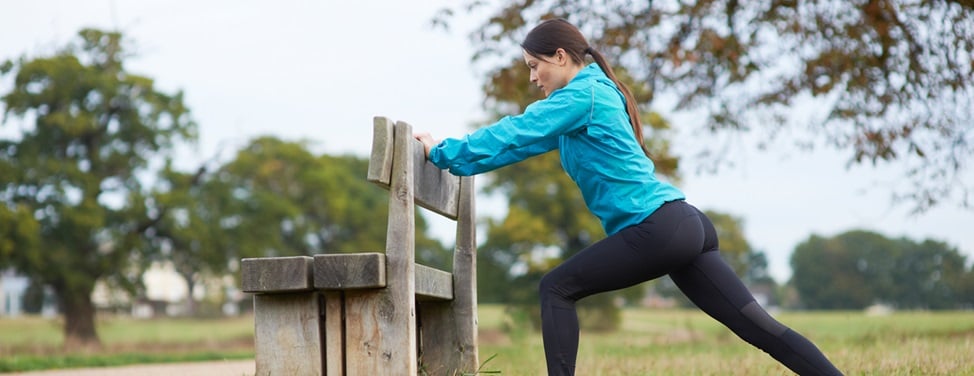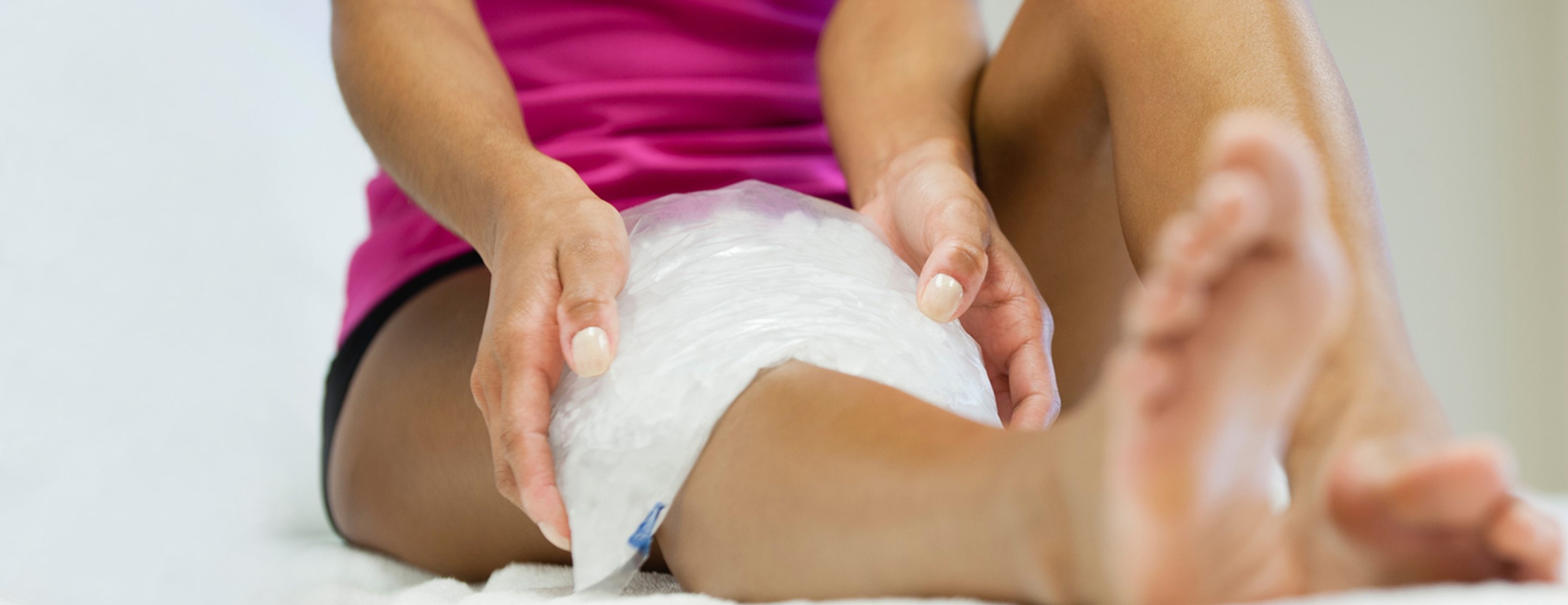
ACL Surgery FAQ
When should I start physical therapy?
You should start physical therapy as soon as possible after surgery.
How long will I be on crutches?
Most likely, you'll use crutches for about a week, then switch to a cane for two weeks. Keep in mind that this varies depending on the extent of the injury and your recovery. For example, if you have a meniscus repair, you may need crutches for six weeks.
I've heard about cold pack devices that provide instant pain relief? Are they effective?
There are a number icing devices available, but we recommend a regular ice pack or a package of frozen vegetables placed on your knee.
Will I have stitches?
You'll have two or three stitches, covered by a bandage, that will be removed 7 to 10 days after surgery.
When should I expect a follow-up appointment?
Plan to visit your doctor a week after surgery for a knee examination and to have your stitches removed. Typically, this appointment is scheduled before your surgery.
UCSF Health medical specialists have reviewed this information. It is for educational purposes only and is not intended to replace the advice of your doctor or other health care provider. We encourage you to discuss any questions or concerns you may have with your provider.






